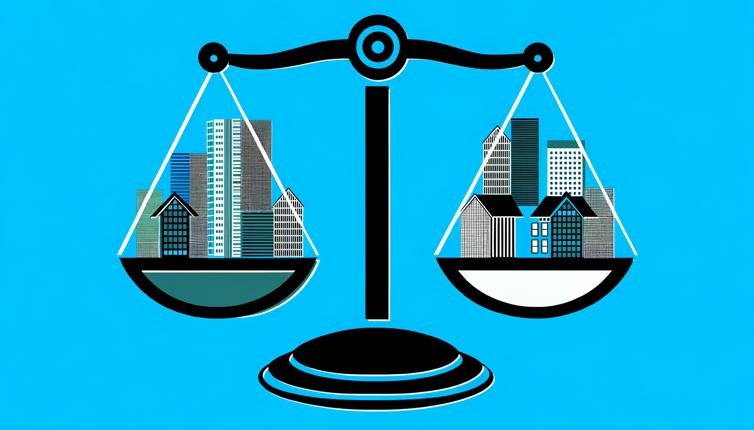Do Your Research
Before entering into any negotiations, it's essential to do your research and gather relevant information about the commercial property market in your area. This includes understanding current rental rates, vacancy rates, and market trends. Researching similar properties in the neighborhood can also give you a better idea of the market value and help you negotiate more effectively.
Identify Your Needs and Priorities
Clearly identify your needs and priorities before starting negotiations. Determine the ideal location, size, layout, and amenities for your business. Knowing your must-haves and deal-breakers will enable you to negotiate with confidence and make informed decisions.,Consider factors such as parking availability, foot traffic, proximity to your target market, and compatibility with your business operations.,Knowing what you want will help you narrow down your options and find the right commercial space for your business.
Negotiate Lease Terms
When negotiating lease terms, consider the following:,- Rent: Negotiate a fair rental rate that aligns with the market value of the property. Be prepared to provide supporting documents or market comparisons to support your proposed rental rate.,- Lease duration: Determine the length of the lease that works best for your business. Longer lease terms often provide stability, while shorter terms offer flexibility.,- Renewal options: Discuss renewal options that give you the flexibility to extend the lease if needed.,- Maintenance and repairs: Clarify the responsibilities for maintenance and repairs. Determine who is responsible for repairs, maintenance costs, and upgrades.,- Termination clauses: Understand the termination clauses and conditions should you need to exit the lease agreement early.,- Security deposit: Negotiate the security deposit amount. Consider requesting a lower deposit or the option to provide a letter of credit instead.,- Non-compete clause: Discuss adding a non-compete clause if you want to prevent competitors from operating in the same building or complex.,- Exclusive-use clause: Consider adding an exclusive-use clause if you want to ensure that no other business in the same property can offer similar goods or services.
Seek Professional Assistance
Consider seeking professional assistance from a commercial real estate agent or an attorney specializing in commercial leases. These professionals can provide expert advice, negotiate on your behalf, and help you understand the legal aspects of the lease agreement.,Their experience and knowledge can be invaluable in securing a favorable lease agreement and protecting your interests.
Conclusion
Negotiating a commercial lease requires careful planning, research, and effective communication. By following these tips and seeking professional assistance, you can increase your chances of securing a commercial lease that meets your business needs and supports your long-term success. Remember, the lease agreement is a legally binding contract, so it's important to review and understand all terms before signing.








